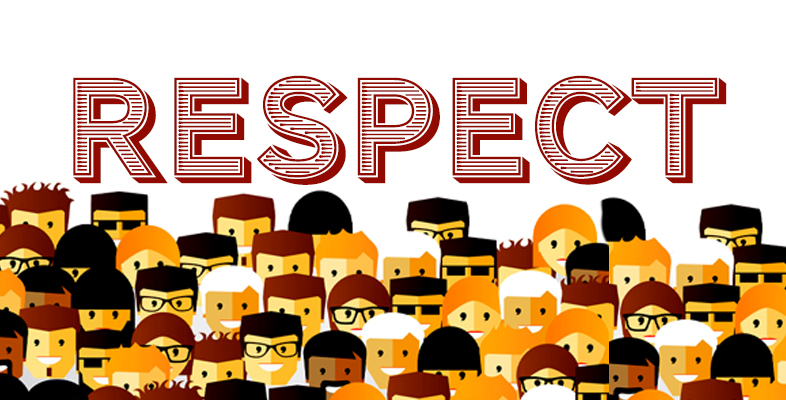3.1 The implications of being an insider researcher
If you position yourself as an insider researcher, you have the advantage of a working relationship, knowledge of the context and some established degree of trust.
Even if it is quicker to receive formal approval to proceed with your research and to gain access, you will still need to ask and not assume approval is a ‘given’. You still need to be aware of not intruding on people’s time. You need to be clear about the benefits and risks.
Now consider the potential disadvantages of being an insider. Could you be too close to the context? Can you remain rigorous with your research design and critically engage with your data collection?
What about keeping data confidential? Will this be particularly challenging for you due to your existing relationships with others in the setting and the obligations of your existing role? Will you be under pressure to only report good news that emerges from the research because of prior expectations placed on you and power imbalances?
Think again about the imagined context of the youth group in Case study 1.1. The youth worker is an insider. This means they are already picking up information suggesting there is a problem from everyday conversations. But the youth worker can’t use conversations as data without consent, unless they were to take the unusual and risky step of doing covert research. Covert research means not asking for consent, which raises ethical issues. In place of collecting observational evidence, could useful information about this issue be collected by questionnaire or interview survey?
